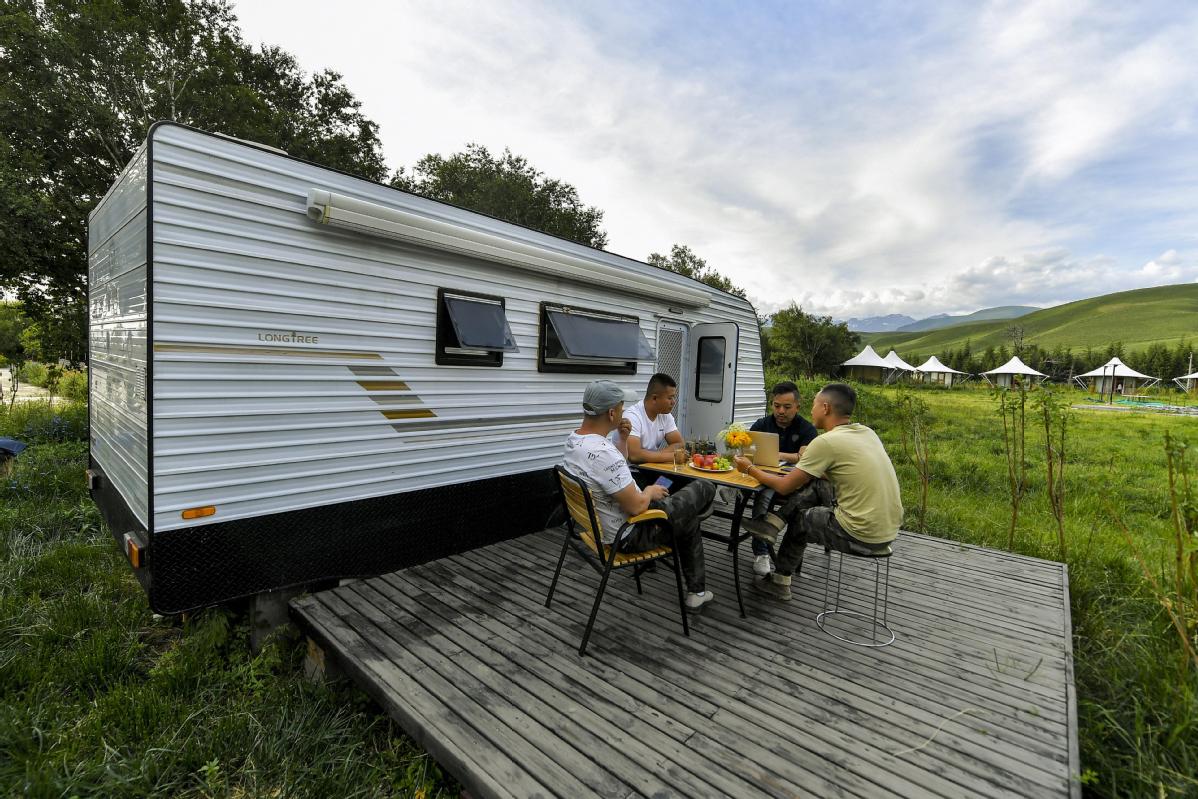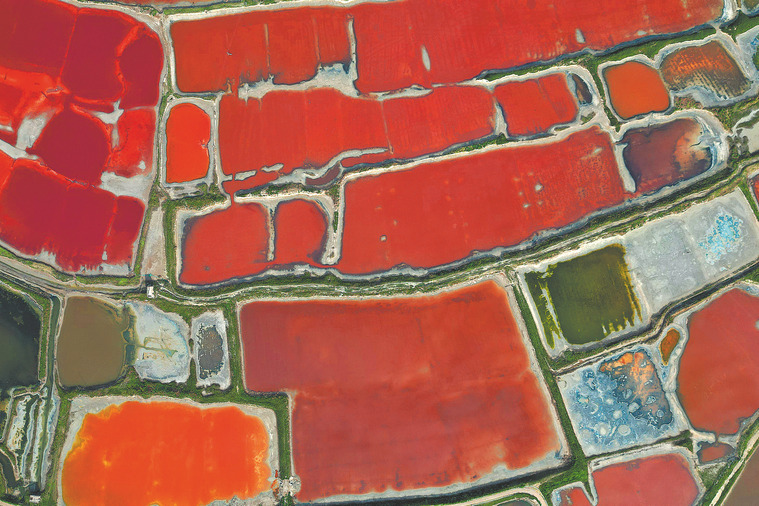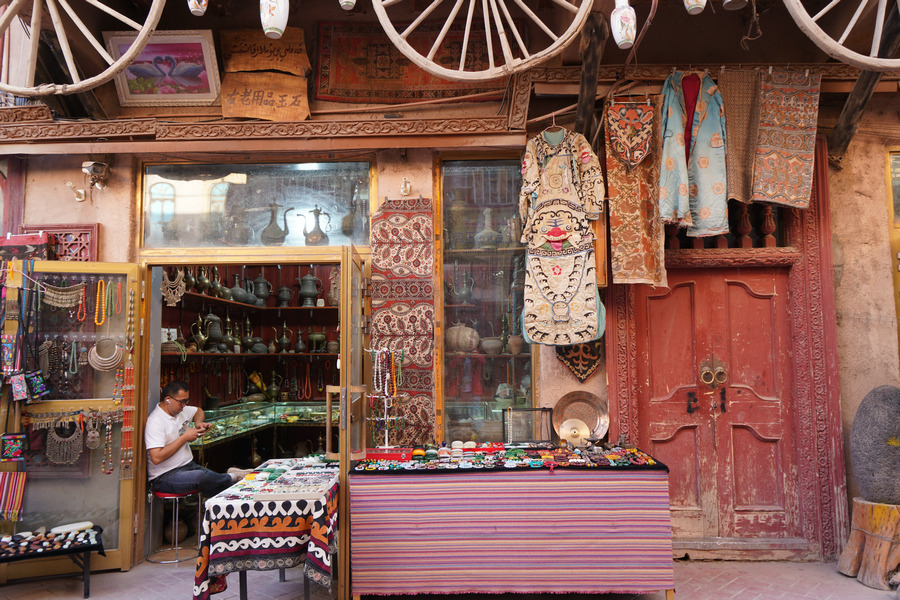Profitable recreation on wheels


From 2014 to 2018, RV sales in China climbed from 3.5 billion yuan to 7.2 billion yuan, and the compound annual growth rate was 19.8 percent. From 2019 to 2023, the CAGR is expected to reach 13.5 percent, and sales are foreseen to achieve 13.59 billion yuan in 2023, according to consultancy Frost & Sullivan.
Some major tourism companies have made investments in the RV segment. In 2017, Hangzhou-based New Century Tourism Group, which manages more than 450 hotels on the Chinese mainland, launched its brand of RV camping sites. In 2018, BTG Homeinns Hotels Group, one of China's major hotel groups, started operating travel complexes in suburbs and countryside, by setting up containers, tents, RVs and cabins.
Wolf Totem is a travel agency based in Heilongjiang province in Northeast China. Founded 10 years ago, the company mainly offers products of long-haul domestic road trips.
In 2013, it became the first company that offered off-road vehicle driving tours across the Hulunbuir grassland in North China's Inner Mongolia autonomous region. Now, it has more than 10,000 off-road vehicles operating there.
Last year, the company started its business in organizing RV trips. It has about 150 self-owned and rented RVs in different areas. Most of them include six beds each.
"Our main product is not simply RV rentals, we have special RV guides who will help to drive and manage the vehicle. They need to take several training programs in photography, cooking, psychology and etiquette before offering services. One can sleep in the scenery by taking an RV and it could feel more comfortable than high-end private cars," said Wang Yankun, founder of Wolf Totem travel agency.
Earlier last year, Wolf Totem launched RV trips in Qinghai and Gansu provinces. Compared with traditional bus tours in Northwest China, prices of RV tours are 40 percent more expensive, but the emerging segment saw a spike in booking volumes compared with bus tours in 2019.
In August last year, the company launched fall season RV trips in the Xinjiang Uygur autonomous region, and it sold all of its 1,200 available spots within a month, which created the best sales performance so far.
The sudden outbreak of COVID-19 affected its sales earlier this year. In May, when the epidemic was steadily receding in some parts of China, it started to receive a large number of inquiries again about taking RV trips in Hulunbuir grassland, and many of them were recommended by friends who took such trips before.

































